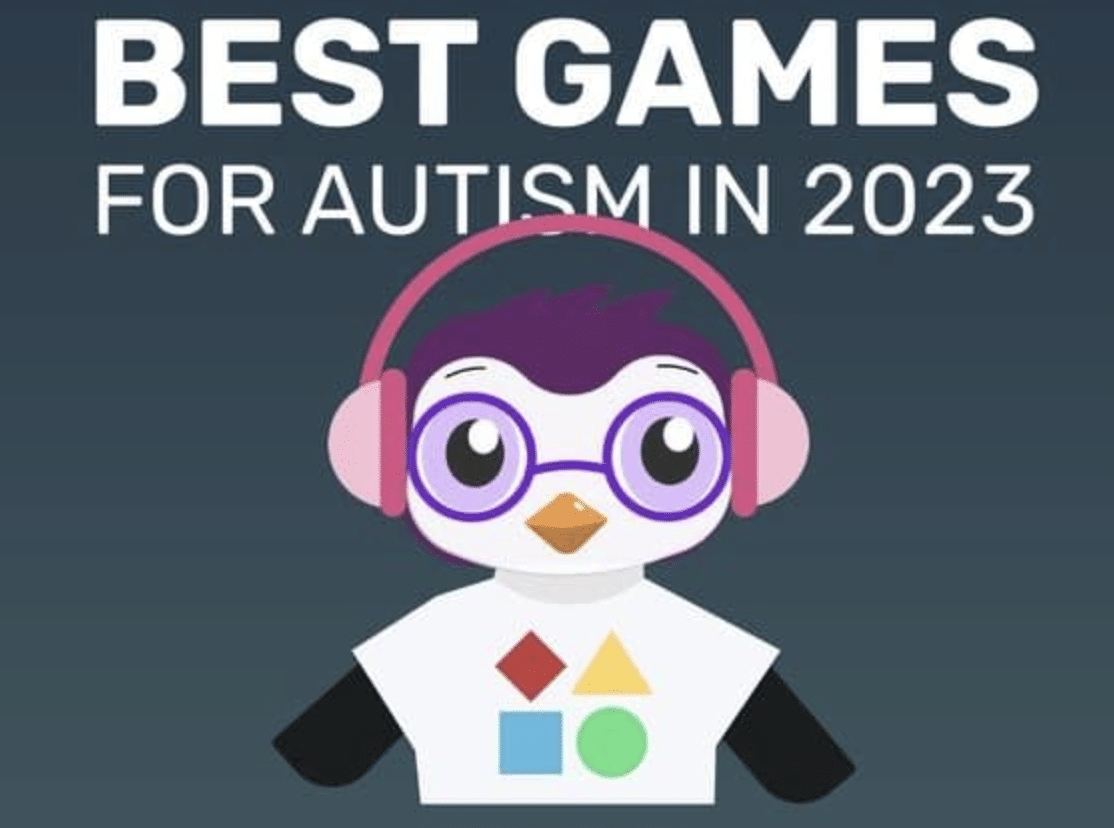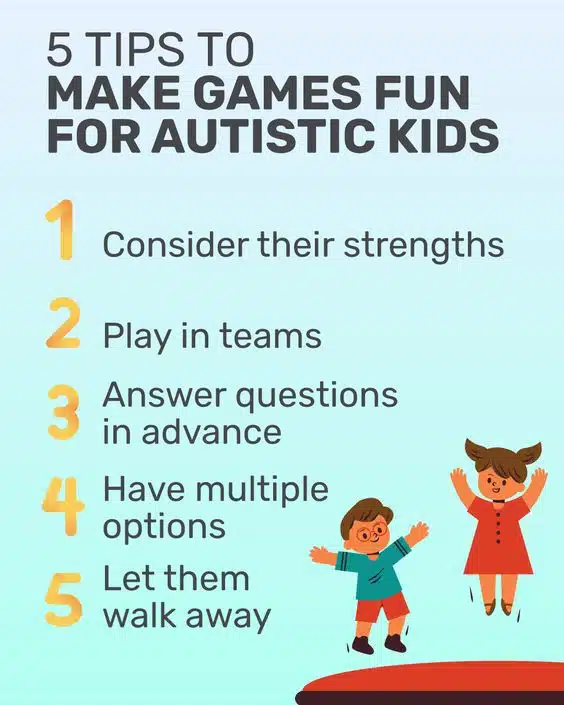Fine motor skills involve the precise control of small movements in our fingers, hands, and wrists. They are vital for various everyday activities. Here are some examples of fine motor skills:
- Writing: Holding a pencil or pen and forming letters and words.
- Drawing: Manipulating a pencil or crayon to create shapes, lines, and images.
- Using Utensils: Holding a fork, spoon, or knife to eat independently.
- Playing with Toys: Manipulating small objects, such as building blocks or action figures.
- Dressing: Buttoning buttons, tying shoelaces, and zipping zippers.
- Cutting with Scissors: Using scissors to cut paper or craft materials.
- Using Technology: Operating touchscreens, keyboards, and game controllers.
By practicing and developing these skills, children can enhance their independence and ability to engage in daily tasks effectively. Goally’s tablet apps and games aid kids in developing fine motor skills through interactive activities and a supportive learning environment.
This post was originally published on Feb. 7, 2023. It was updated on July 12, 2023.













